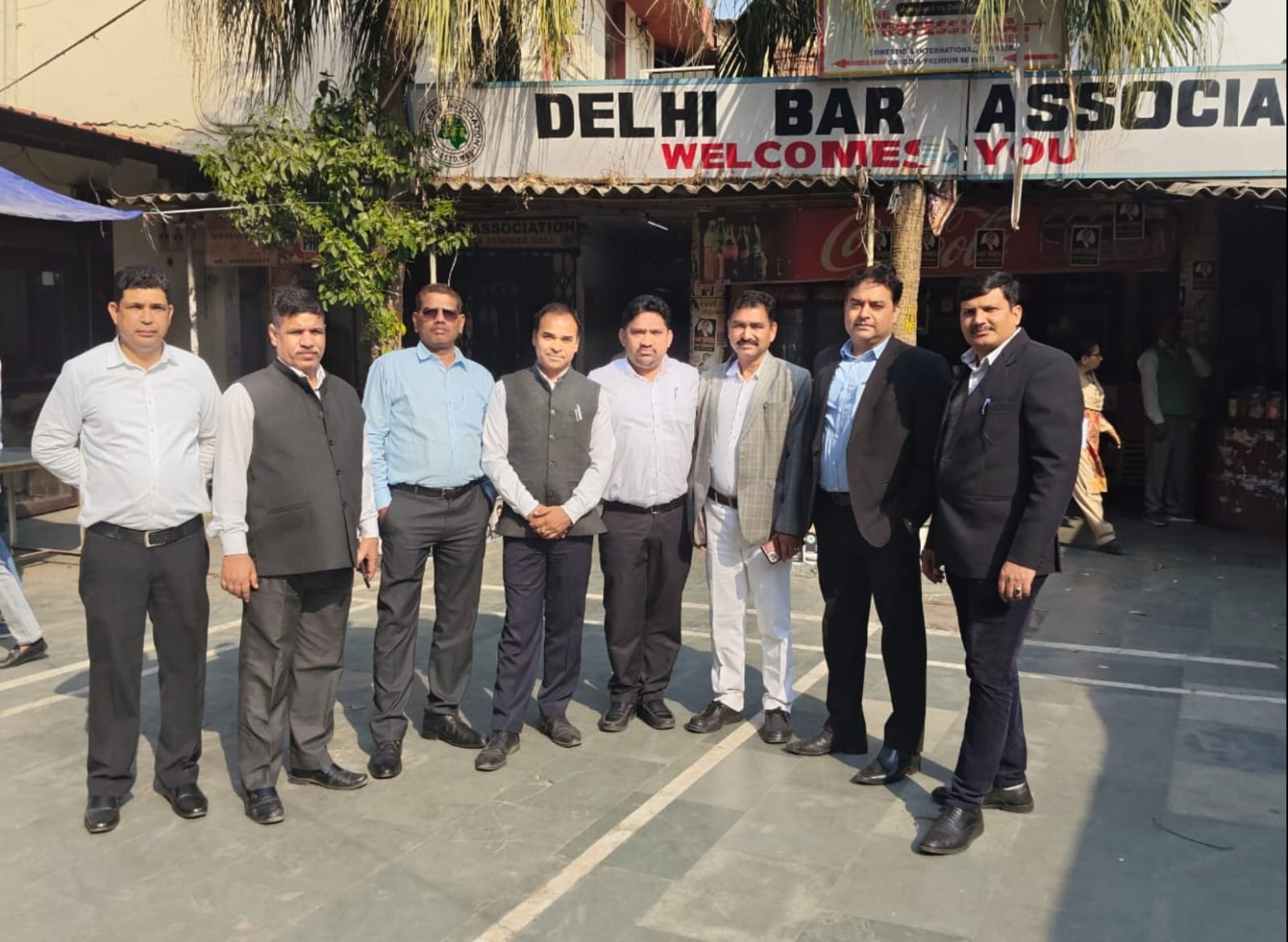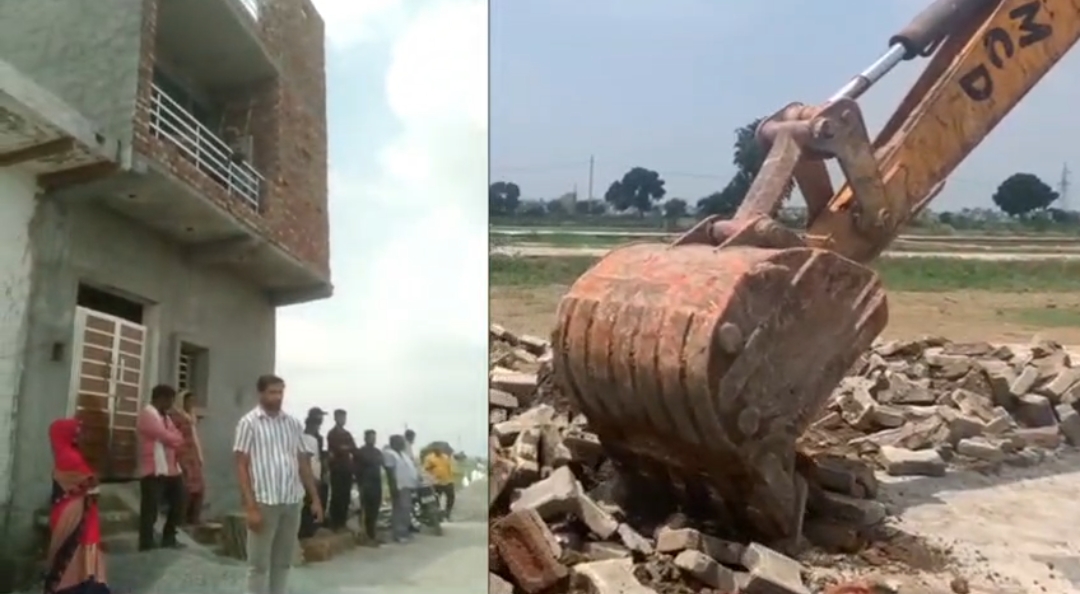By Ashok Kumar Nirbhay
New Delhi: The nationwide strike by lawyers disrupted the judicial system. Lawyers across the country protested against the new Advocates Amendment Bill 2024 by boycotting all courts, bringing judicial proceedings to a standstill. The strike was called by the Bar Council of India, with various state bar associations actively participating. Lawyers argue that this bill is a direct attack on their rights and independence, which they will not accept under any circumstances. The Delhi Bar Association also staged a protest at the Tis Hazari Court complex, with advocates such as Neeru Verma, Ram Kishan, Pramod Bhardwaj, Bhuwan Sharma, Sanjay Kanojia, Upender, Amit Verma, Ashutosh Pandey, and others participating.
On this occasion, former Vice President of the Delhi Bar Association, Advocate Anil Tomar, expressed his opposition to the bill, stating that certain provisions added to the revised Advocates Bill have sparked widespread resentment among the legal community. According to the bill, in cases of misconduct by any advocate, a special committee appointed by the government, apart from the Bar Council of India, will have the authority to intervene. Lawyers believe that this committee will be entirely under government control, putting the autonomy of advocates at risk.
Additionally, Clause 12(A) of the bill limits the powers of the Bar Council and links the process of canceling advocates’ licenses to government approval. Lawyers argue that this will affect their independence and lead to government interference in their rights. Clause 18(B) stipulates that if a lawyer participates in a strike or protest and disrupts court proceedings, disciplinary action can be taken against them. Lawyers claim this is a direct attack on their democratic freedom and an attempt to suppress their voices.
Furthermore, Advocate Ashutosh Pandey stated that Clause 22(C) of the new bill provides for the formation of an independent monitoring committee, including government officials, to investigate complaints against lawyers. Lawyers fear this will lead to unnecessary interference in their profession, preventing them from defending their clients freely. They argue that this bill aims to undermine their autonomy, which could ultimately impact the judicial system.
The Bar Council of India has made it clear that the lawyers’ movement will continue until the government withdraws the bill or makes necessary amendments. The council’s chairman stated that this strike was only a warning, and if the government does not address their concerns, a larger movement will follow.
Lawyers demand that the government immediately withdraw the bill and engage in discussions with the legal community to consider necessary reforms. They argue that if advocates cannot work independently, ordinary citizens will also struggle to obtain justice.
Several major bar associations across the country have opposed the bill. Lawyers in metropolitan cities such as Delhi, Mumbai, Kolkata, Chennai, and Bengaluru boycotted court proceedings and staged protests. The Supreme Court Bar Association and several High Court Bar Associations described the bill as an attack on lawyers’ rights and urged the government to withdraw it immediately.
The strike had a significant impact on the judicial process. Many cases were postponed, and court proceedings came to a halt due to the absence of lawyers. Several senior advocates labeled the bill as a threat to judicial independence and appealed to the government to reconsider it.
It remains to be seen how the government will respond to this opposition. As of now, the lawyers’ movement continues, and if the government does not take prompt action, the protests are expected to intensify.



